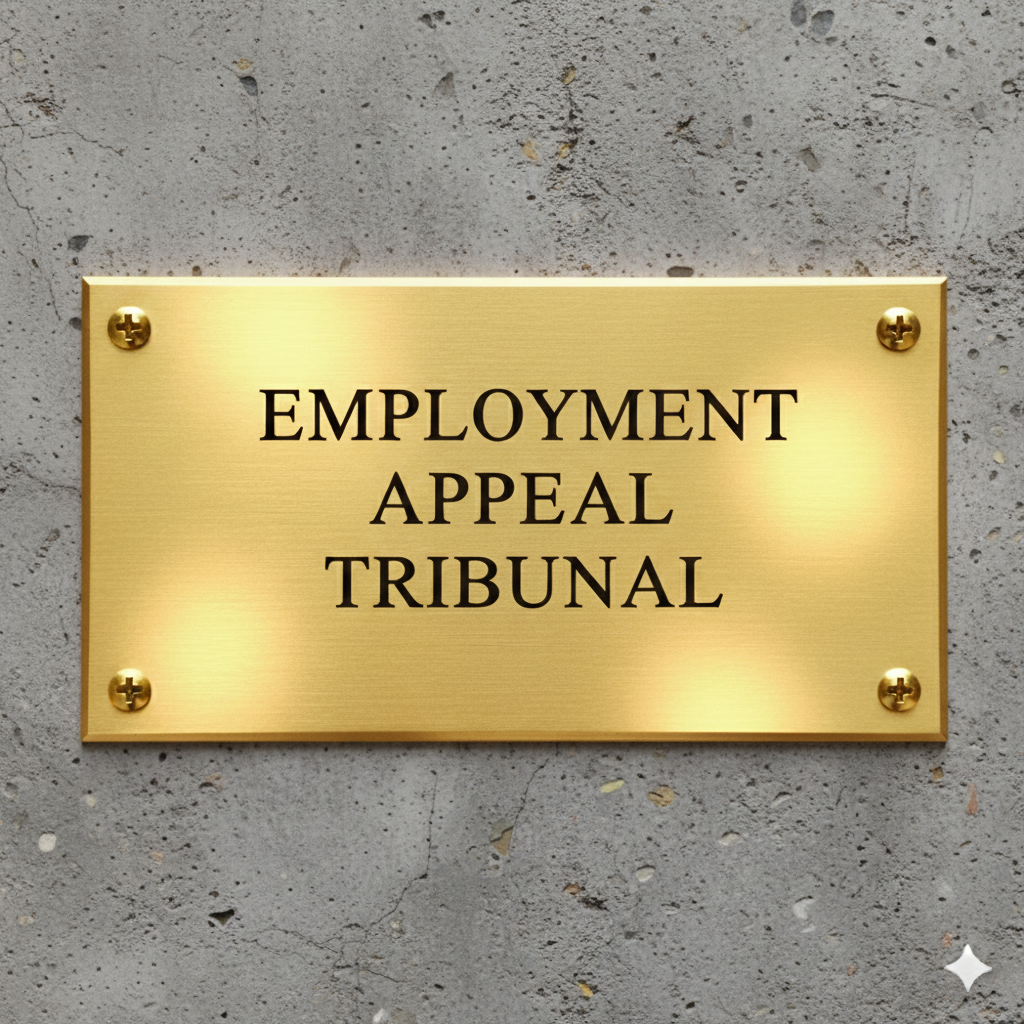Tribunal Partially Upholds Appeal in Whistleblowing and Unfair Dismissal Case
The EAT has partially upheld an appeal concerning whistleblowing, detrimental treatment, and unfair dismissal. Several issues will be reheard by a new tribunal.
• public
Whistleblowing and Unfair Dismissal Case to be Reheard
The Employment Appeal Tribunal (EAT) has delivered a mixed judgment in the case of Antony Savva v Leather Inside Out (in liquidation) and Others, finding errors in the original Employment Tribunal's handling of several claims. The case involves allegations of protected disclosures (whistleblowing), detrimental treatment as a result of these disclosures, and unfair dismissal.
Key Issues in the Appeal
Mr. Savva, a former worker for the now-liquidated charity Leather Inside Out, initially brought three claims against the organisation and several of its managers and trustees. These claims included allegations that he was unfairly dismissed and subjected to detrimental treatment for making protected disclosures about suspected financial irregularities and other wrongdoings within the charity.
The EAT identified errors in the original tribunal's decisions regarding:
- The assessment of whether certain alleged protected disclosures qualified as genuine whistleblowing.
- The determination of whether the refusal to comply with data subject access requests (SARs) constituted detrimental treatment related to protected disclosures.
- The failure to determine if the failure to comply with a third SAR raised by the claimant amounted to unlawful detrimental treatment.
Remittal for Rehearing
Due to these identified errors, the EAT has remitted the case to a new Employment Tribunal for a fresh hearing on these specific issues. The new tribunal will need to determine whether certain claimed disclosures meet the criteria for protected disclosures under the Employment Rights Act 1996. It will also assess whether the refusal or failure to comply with the SARs amounted to detrimental treatment motivated by the claimant's whistleblowing.
Time Limit Arguments Rejected
The EAT upheld the original tribunal's decision regarding time limits for lodging claims, dismissing arguments that it was not reasonably practicable for the claimant to have submitted his claims earlier. However, the appeal was successful in overturning a deposit order related to the SAR complaints.
Impact of the Decision
This decision means that Mr. Savva's claims related to specific protected disclosures and the handling of his SARs will be re-evaluated by a new tribunal. The outcome of this rehearing could have significant implications for whistleblowing protections and the responsibilities of employers in responding to employee concerns and data requests.
Read the entire judgement here: Antony Savva v Leather Inside Out (in liquidation), others [2025] EAT 96
